Can You Use Hydrogen Peroxide To Treat Sinus Infection?
Adding this liquid to your wellness routine for nasal relief is quite easy.

Image: Shutterstock
Hydrogen peroxide is a blue liquid that has been used in small doses to clean minor wounds or cuts (1). Scientific evidence suggests that there is some merit to the use of hydrogen peroxide to treat sinus infection (2). In this article, we explore the causes of sinus infection and how to use it for sinus infection.
In This Article
What Is Sinus Infection?

A sinus is a membranous cavity present in the bones of the nose, eyes, and cheeks. The membranes function as a filter for germs by producing mucus. Sometimes, these cavities can become clogged or congested, causing an inflammatory response. This can cause pain in your forehead and along your cheeks and nose.
In most cases, sinusitis (inflammation in the sinus cavity) is caused by a viral infection in the upper respiratory tract, while in rare cases, it may be caused by a bacterial infection (3).
 Quick Tip
Quick TipThere are many treatments for sinus infection. Antibiotics, decongestant nasal sprays, steroidal nasal sprays, nasal rinse, etc. are some of the treatments used. However, these medications have certain drawbacks:
- These options can only be used for a short period of time and may not tackle the root cause of the infection (4).
- People are more likely to become immune to these treatments, making them less viable.
However, some studies suggest that using hydrogen peroxide solution can help clear sinus infection. Moreover, you may also explore some effective home remedies for sinus infections.
Key Takeaways
- Hydrogen peroxide may clear out the sinus cavity to provide relief from sinus congestion.
- Unlike other medications, hydrogen peroxide does not make your body addicted to it.
- Always dilute a hydrogen peroxide solution by mixing parts of it with filtered water.
- Make sure you use gloves and eye protection when handling hydrogen peroxide, as it may cause irritation.
Why Use Hydrogen Peroxide For Sinus Infection
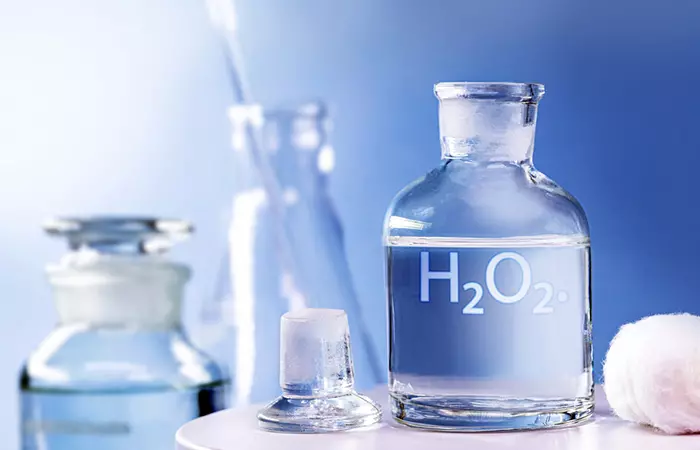
Here’s why hydrogen peroxide is ideal for treating sinus infection:
1. Can Relieve Congestion
Studies show that hydrogen peroxide can help clear the affected matter from the sinus cavity and hence clear the congestion
(2).
2. Can Get Rid Of Infection
Hydrogen peroxide has antibacterial properties (5). The oxygen released from hydrogen peroxide can help in eliminating the microbial infection.
3. Prevents Re-Infection

Rinsing your sinus cavity with an antiseptic like hydrogen peroxide can prevent germs from re-infecting the damaged areas, thus giving your nasal membranes the time to heal. When the nasal membranes are in good health, they are more capable of resisting infection. A blogger observes,“My chronic sinus infection (sinusitis) problems were cured by irrigating my nasal passages with peroxide, baking soda and kosher salt after first using antibiotics to get rid of my sinus infection (i).”
4. Is Economical
It is cost-effective as compared to other treatment methods. One bottle of hydrogen peroxide can be used multiple times.
5. Non-Addictive
Many other treatments, like steroidal nasal sprays, can be addictive and can cause the body to become tolerant
. This means that you might progressively need a higher dosage as time passes to get the same effect. Hydrogen peroxide does not make your body dependent or addicted to it.
How To Use Hydrogen Peroxide
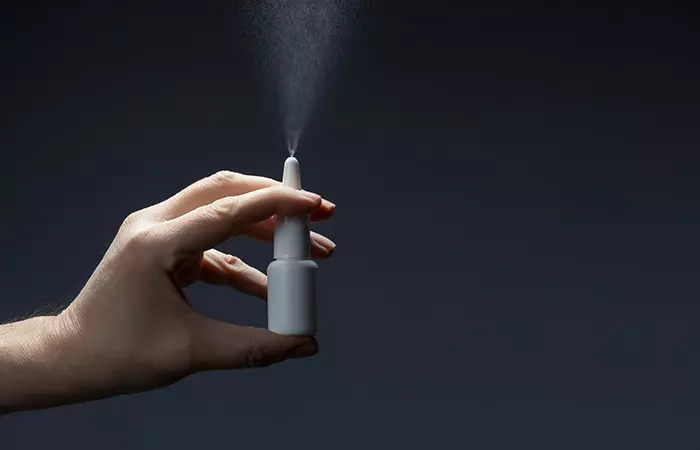
You could use hydrogen peroxide as a spray. Mix four parts of filtered water with one part of 3% hydrogen peroxide and irrigate the nose with this solution as required.
You could also use this home remedy as a nasal flush. Stand over the sink and squeeze or pulse some hydrogen peroxide solution into one nostril until it comes out of the other nostril. Repeat the same for the other nostril. You can blow your nose out to help clear the sinus cavities.
 Quick Tip
Quick TipPrecautions
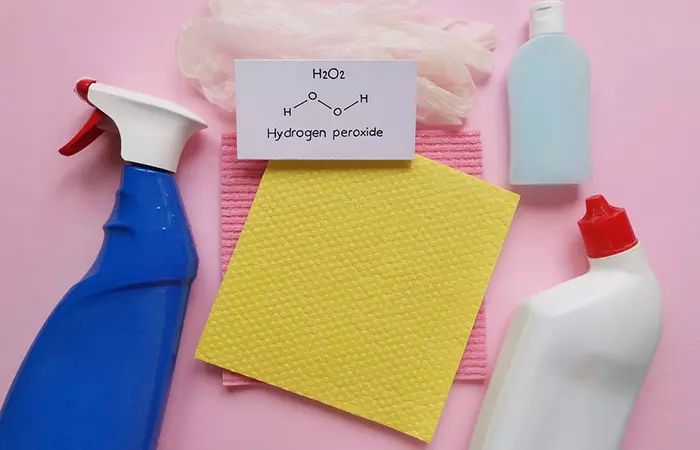
There are a few things you should keep in mind when dealing with hydrogen peroxide:
- Using hydrogen peroxide in concentrated forms can be fatal, so make sure you dilute it for medicinal use (6).
- Make sure you use gloves and eye protection when handling hydrogen peroxide as it may cause stinging and irritation (6).
- Keep it out of reach of children and tightly packed in a cold place.
- Check the expiration date before use, as expired hydrogen peroxide may be less effective.
- Talk to a healthcare provider before beginning any new treatment related to hydrogen peroxide.
Check out some alternatives to hydrogen peroxide, to avoid these side effects, in the section below.
Alternatives To Hydrogen Peroxide To Treat Sinus Infection
- Saline Rinse: A saline rinse may help clear nasal passages, reduce inflammation, and flush out mucus. You will need a neti pot or squeeze bottle for this.
- Steam Inhalation: Breathing in steam from a bowl of hot water infused with essential oils for sinus infection, such as eucalyptus, peppermint, lavender, etc., may moisten the sinus passages and relieve congestion.
- Nasal Corticosteroids: These prescription or OTC sprays reduce inflammation and relieve symptoms.
- Warm Compress: Applying a warm, moist cloth to the face may reduce the pain and pressure associated with sinusitis.
- Stay Hydrated: Drink plenty of fluids to keep your mucus thin and easy to expel.
If symptoms persist or worsen, consult a healthcare professional for proper diagnosis and treatment, which may also include antibiotics for bacterial sinus infections.
Infographic: 5 Benefits Of Using Hydrogen Peroxide For Sinus Infection
Hydrogen peroxide has been used in small doses to clean wounds or cuts. Recent evidence suggests that it can also be used to treat sinus infections. We have discussed the 5 benefits of using hydrogen peroxide for sinus infection in the infographic given below. Scroll down to know more! Illustration: StyleCraze Design Team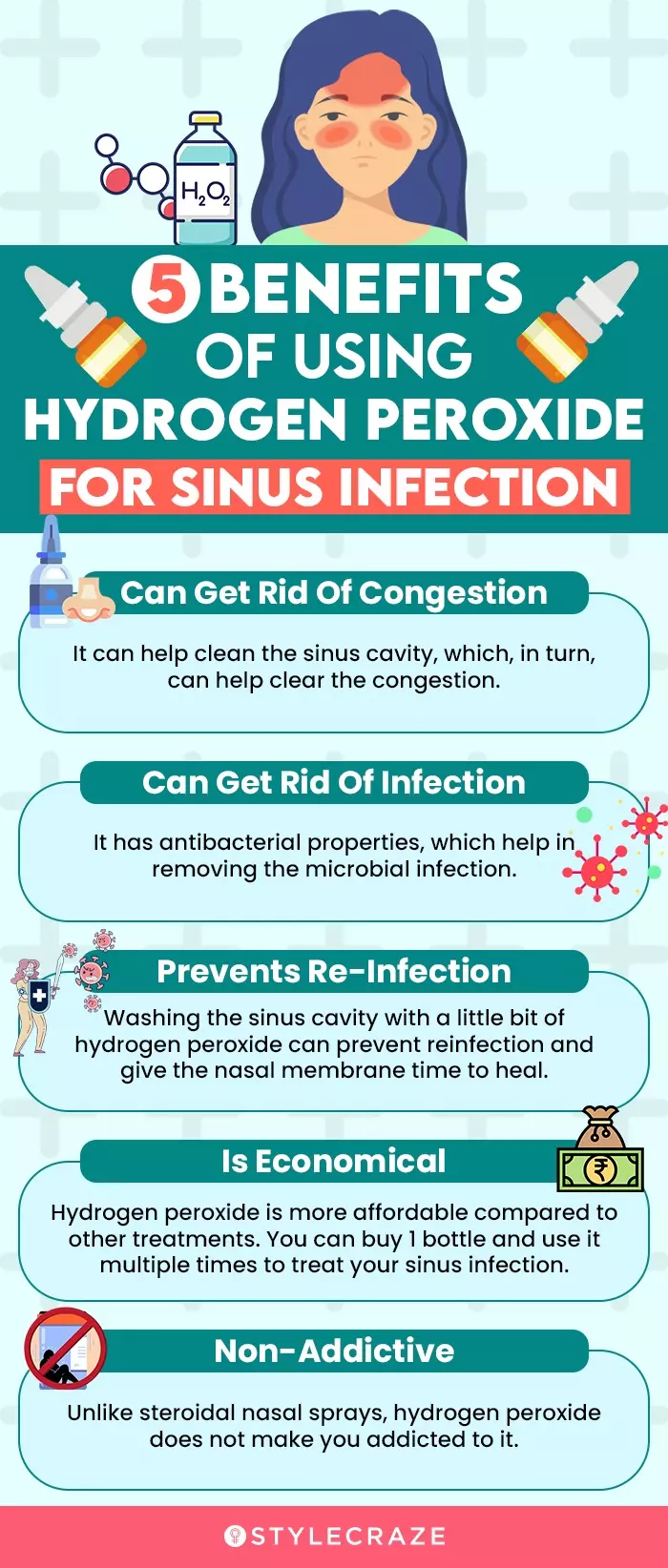
A sinus is a membranous cavity that can be clogged or congested due to a viral infection. You may experience difficulty breathing as your airways are infected. But the good news is that hydrogen peroxide helps treat sinus infections. It is a pale blue liquid that protects against bacteria and viruses. This disinfectant It can help relieve congestion, eliminate microbial infection, and prevent reinfection. You can use it as a nasal spray, which helps clear your sinus cavities. However, if your congestion persists, stop using it and consult your doctor immediately.
Frequently Asked Questions
Which is better: salt water rinse or hydrogen peroxide?
Dr. Carlos Green, MD, Otolaryngology Resident at the University of Miami Miller School of Medicine, says, “Salt water rinse alone works wonders and is recommended any time a common cold sets in to help relieve sinus congestion and prevent bacterial sinusitis.”
What is the fastest way to get rid of a sinus infection?
Antibiotics, decongestants, nasal irrigation, and nasal drops are some of the quickest ways to improve a sinus infection.
What is a natural antibiotic for sinus infections?
Garlic, ginger, onions, saline solution, and eucalyptus essential oil are popular natural remedies that can help with sinus infections.
Can I beat a bacterial sinus infection without antibiotics?
Yes, you can treat a bacterial sinus infection with mild to moderate symptoms with home remedies and self-care and get rid of it in a couple of weeks without the use of prescription antibiotics.
How do you know if a sinus infection is serious?
Swelling around the eyes, severe pain in the eyes, ears, throat, jaws, or head, disorientation, fever, thick, yellow, green, or cloudy discharge, and persistent post nasal drip, stuffiness, and headaches are some symptoms of a serious sinus infection.
Illustration: Can You Use Hydrogen Peroxide To Treat Sinus Infection?
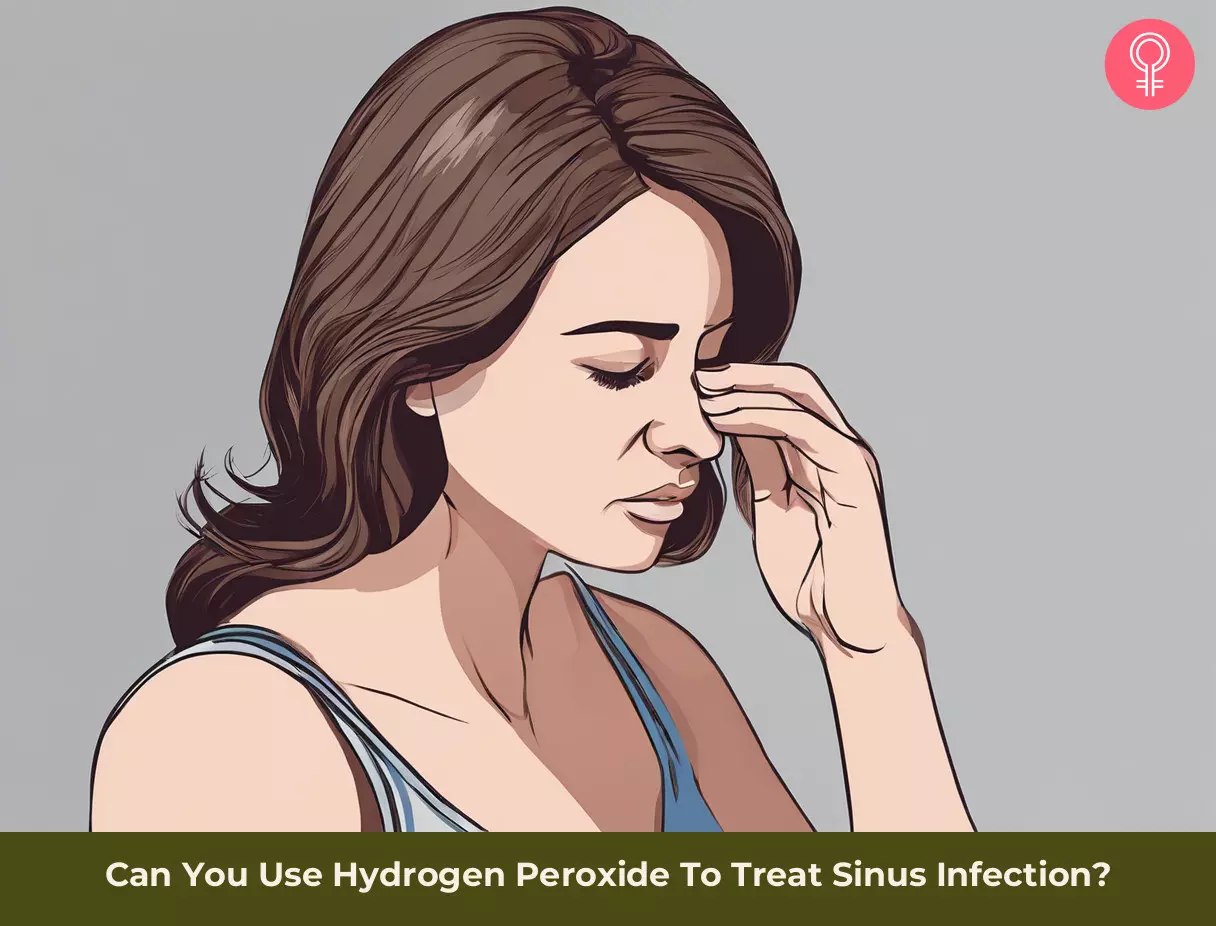
Image: Stable Diffusion/StyleCraze Design Team
References
Articles on StyleCraze are backed by verified information from peer-reviewed and academic research papers, reputed organizations, research institutions, and medical associations to ensure accuracy and relevance. Read our editorial policy to learn more.
- Hydrogen peroxide, US National Library of Medicine, National Institutes of Health.
https://pubchem.ncbi.nlm.nih.gov/compound/hydrogen_peroxide#section=Therapeutic-Uses - Continuous Irrigation with Hydrogen Peroxide as a Treatment for Septic Sinuses, Etc. The Hospital, US National Library of Medicine, National Institutes of Health.
https://www.ncbi.nlm.nih.gov/pmc/articles/PMC5202587/ - Sinusitis and its management, BMJ, US National Library of Medicine, National Institutes of Health.
https://www.ncbi.nlm.nih.gov/pmc/articles/PMC1800997/ - Sinusitis: Overview, US National Library of Medicine, National Institutes of Health.
https://www.ncbi.nlm.nih.gov/books/NBK279485/ - Antibacterial activity of hydrogen peroxide and the lactoperoxidase-hydrogen peroxide-thiocyanate system against oral streptococci. Infection and Immunity, US National Library of Medicine, National Institutes of Health.
https://www.ncbi.nlm.nih.gov/pmc/articles/PMC186138/ - Hydrogen peroxide poisoning. Toxicological Reviews, US National Library of Medicine, National Institutes of Health.
https://pubmed.ncbi.nlm.nih.gov/15298493/
Read full bio of Dr. Zeel Gandhi
- Dr. Carlos Green, MD, is an Otolaryngology (ENT) Resident with 6 years of experience. He graduated from Weill Cornell Medical College in 2017 and specializes in head and neck surgery and drug validation in p53 deficient head and neck squamous cell carcinoma.
 Dr. Carlos Green, MD, is an Otolaryngology (ENT) Resident with 6 years of experience. He graduated from Weill Cornell Medical College in 2017 and specializes in head and neck surgery and drug validation in p53 deficient head and neck squamous cell carcinoma.
Dr. Carlos Green, MD, is an Otolaryngology (ENT) Resident with 6 years of experience. He graduated from Weill Cornell Medical College in 2017 and specializes in head and neck surgery and drug validation in p53 deficient head and neck squamous cell carcinoma.
Read full bio of Shaheen Naser
Read full bio of Arshiya Syeda
Read full bio of Dipti Sharma







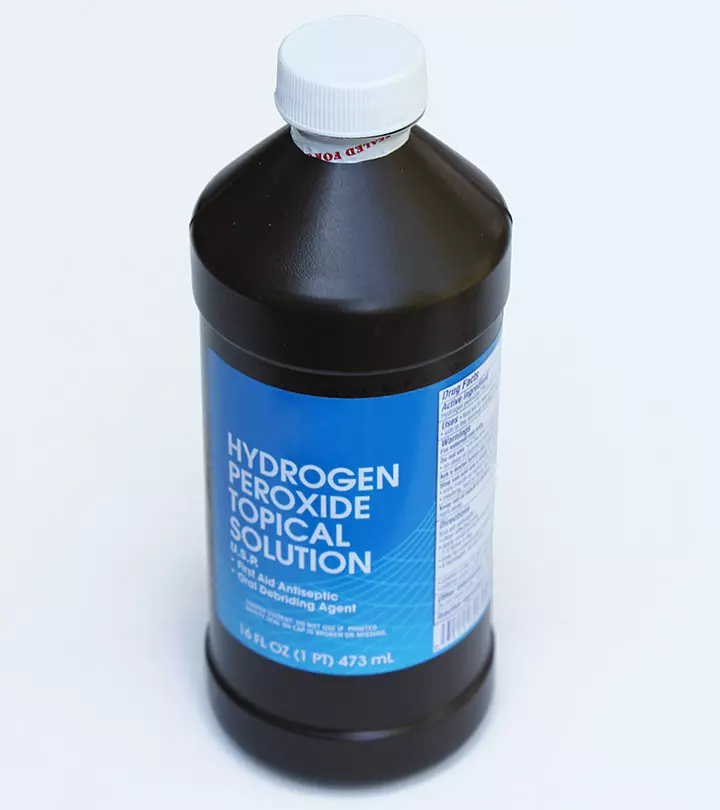

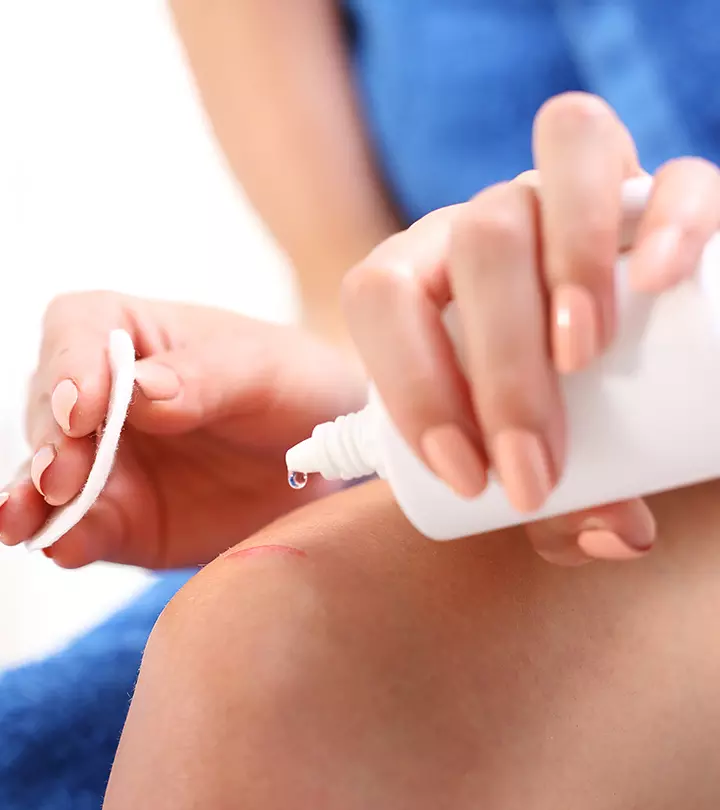


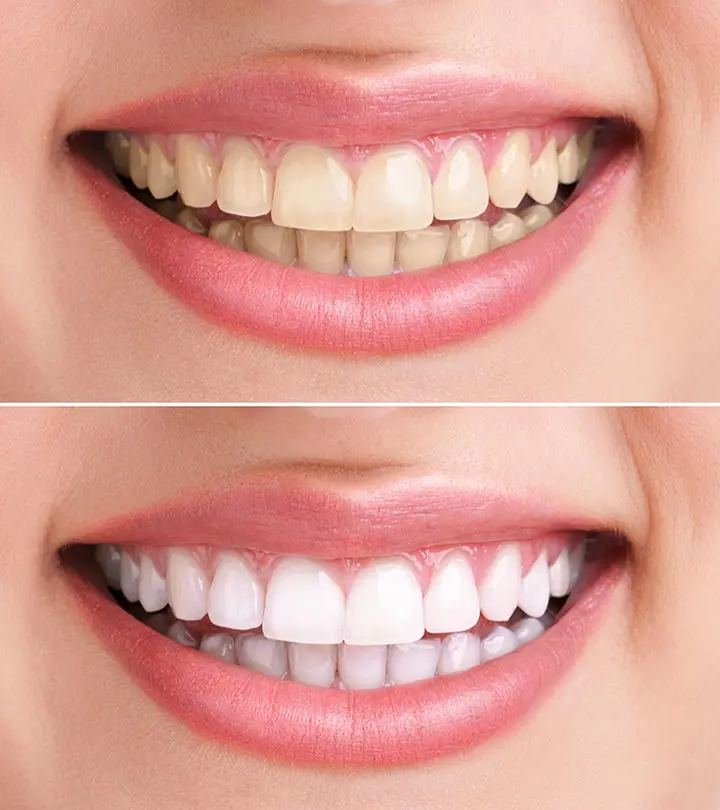







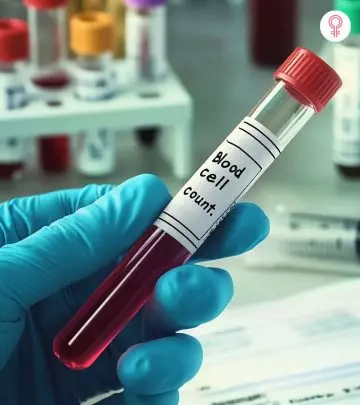






Community Experiences
Join the conversation and become a part of our empowering community! Share your stories, experiences, and insights to connect with other beauty, lifestyle, and health enthusiasts.